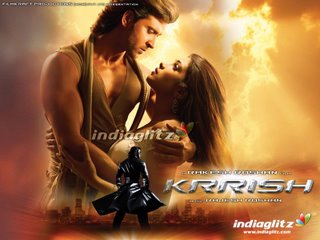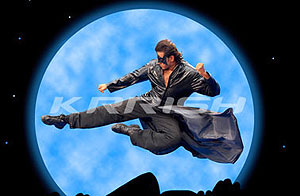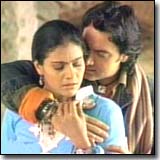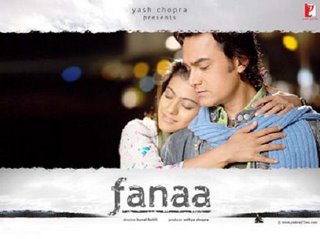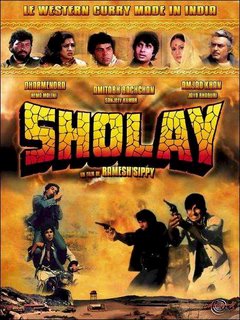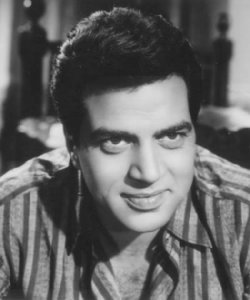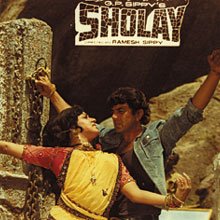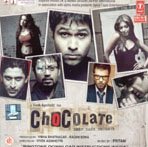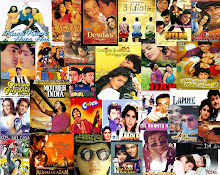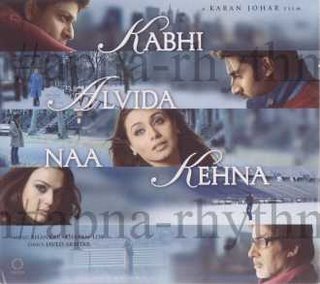
(image source: http://i.indiafm.com/img/feature/06/aug/kank1.jpg)
KANK is an intense adult drama. It opens with snippets of scenes giving a glimpse of each of the main characters’ lives at the present time, featuring five of Bollywood’s top stars: Ambitah Bachchan, Shah Rukh Khan, Rani Mukherjee, Abhishek Bachchan, and Preity Zinta.
Dev Saran (Shah Rukh Khan) has just won a major soccer match which will garner him offers with great financial opportunities, at the same time, his wife, Rhea (Preity Zinta) has landed a job at a fashion magazine. They are high-powered, ambitious people. They meet in college and married.
Shift to Rishi Talwar (Abhishek Bachchan) who is in a frantic rush to get to his wedding ceremony. Dev’s mother, Kamaljit (Kirron Kher), is the wedding’s caterer. The lives of the two couples intersect when Dev stops by to see her. The wedding ceremony has not begun because the bride is delayed. Dev wanders the house grounds and finds the bride, Maya (Rani Mukherjee), sitting on a bench. It is clear she is having doubts about getting married.
Dev tries to lighten her mood. He asks if she loves her future husband. She says they have been friends since childhood. He asks her again, “Do you love him?” “When there is friendship, there is little room for love”, is her response. Dev suggests she learn to make do with little love stories.
Maya asks him, “Do you love your wife?” He replies, “We are happy.” Maya wants to know, “Do you wait for love?” After more discussion, Dev says, “Goodbye.” Maya stops him, “Don’t say goodbye, it kills the hope of meeting again.” They part and both look back with wonder. Sadly, Dev is distracted by their conversation and fails to see a oncoming car.
The movie picks up again four years later and Dev is a changed man. His injuries from the car accident terminated his sports career. He is angry and bitter. He is rude to strangers and his family. To avoid conflict, Rhea focuses on her job with “Diva”, the fashion magazine. Dev coaches his son's, Arjun (Arjun Rampal), soccer team but he is impatient and harsh with the children. Dev feels his reduced state acutely not just because he can no longer play sports but also because his wife supports him.
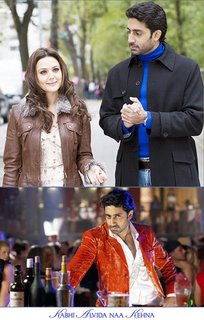
(image source: http://www.indiatarget.com/stills/slide_show/kak1.jpg)
Maya’s relationship with Rishi is more like mother and son. While Rishi is passionate about his love for Maya, she is in conflict with her feelings. Rishi’s father, Sam (Amitabh Bachchan), a widower, adds color to the story as he pops in and out of everyone’s life with a different young beauty on his arm each time.
Dev and Maya run into each other again and Maya tells him, “If I had not met you, I would not have married.” Dev replies, “If I had not meet you, my life would have been different. We are both wounded.”
Various misunderstandings complicate the story. Both couples have different expectations of each other. No one is a true villain.
In frustration, Dev and Maya become confidants hoping to help each other in their relationships. They begin to meet regularly at the train station. The train station becomes an analogy for their stalled relationships, which are always moving but going nowhere. Gradually, Dev begins to realize he feels different about himself when he was with Maya.
The intensity of Rishi’s frustration, Maya’s disappointment, Dev’s anger, and Rhea’s distraction symbolize their desire for the greatest of all relationships that of husband and wife. Each felt when you married, you married your soulmate.
Another aspect of the relationships is their mismatched ambitions. In the beginning, Dev was as ambitious as his wife but after his injury, he never recovered from the loss of his career. Maya is uncomfortable with Rishi’s fast and flashy lifestyle. Rhea is caught up in her new business venture.
At their best, couples grow as individuals and as a couple with shared interests. At their worst, couples tear each other apart. Both couples recognize their relationships need help and they make attempts to repair them. Each partner in the two relationships illustrate that there are many doors to the heart and not everyone finds the right door.
Eventually, Maya and Dev acknowledge their love for each other as their marriages deteriorate. While Maya and Dev try to sustain both their relationship and their marriages, their spouses are unaware of their partners’ actions. It makes you wonder if anyone knows what is in another’s heart.

(image source: http://i.indiafm.com/img/feature/06/aug/kank1.jpg)
Dev shows the least concern for how his actions will affect others. Maya had hoped for friendship then seemed unable to stop herself from crossing the line into romantic love. Rishi thought flowers and sweet words were all that was needed for a relationship to work. Rhea valued her business success over the success of her marriage.
Dev is often coarse and cruel. He uses his wife to make Maya insecure. Dev also becomes jealous of Rishi. Love has not encouraged Dev to grow emotionally; he becomes more brutal in his relationships.
Once Dev and Maya cross the line into intimacy, they enter the world of betrayal and lies. The pressure of their illicit relationship drives Dev to joke at a family dinner that he has fallen in love with another woman, Maya. Dev then treats Maya cruelly when he says he won’t leave his wife.
But what is also reflected in each couple is that they married young and as they changed they grew apart. They also lived in a fast-paced, money-driven society with lots of trappings and distractions. Neither relationship seemed grounded.
Dev and Maya break off their relationship believing if they tell the truth they could save their marriages. When Dev tells his wife he has strayed from the marriage but wants to give the marriage another chance, Rhea throws him out. Rishi confronts Maya and asks her to leave. Dev and Maya pretend to each other that their spouses will forgive them. Yet, each leaves for different jobs in different towns.
Observations: Do not tell me Shah Rukh Khan cannot act. SRK played the Dev character so convincingly; I forgot he was Shah Rukh Khan. Also, there are many “inside” references, humorous moments, and guest appearances.
Pleasures: Karan Johar handled the difficult scenes with taste.
Disappointments: Karan Johar has made a Bollywood film with little reference to India or the Hindu religion. The story seemed to lack an anchor or a cultural context, almost as if the setting, New York City, was a culture unto itself and sufficient for a cultural foundation. I found the culture empty, devoid of any fundamental beliefs or moral guidance. Also, while the song and dance routines offer some light moments in this intense drama, the huge disco scenes were impersonal, and lacked the crisp coordination and stylized look that make dance numbers special.
3:25 minutes, Hindi with English captions, Color
Writer and Director: Karan Johar
Producer: Anadil Hossain
Music: Shankar Madadevan, Loy Mendonsa and Ehsaan Noorani
Cinematography: Anil Mehta
Art Direction: Sharmishta Roy
Choreography: Farah Khan
(source: http://www.imdb.com/title/tt0449999/)

